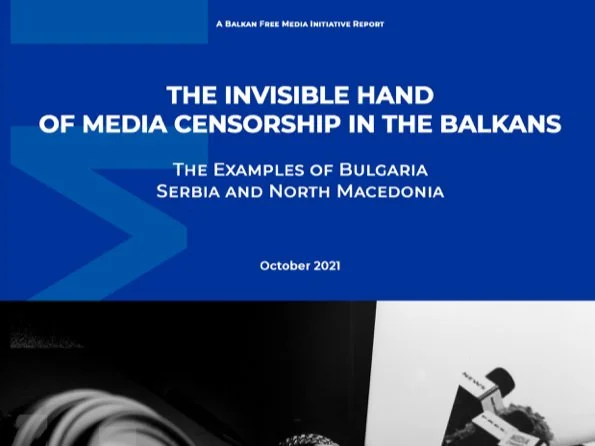
Media Censorship
About
The first report by BFMI found a clear decline in media freedom across Bulgaria, Serbia and North Macedonia by examining political manipulation of media markets. The report calls for greater action to tackle the shady commercial practices used to conrol media markets.
The report was launched in launched in the Brussels Press Club. Coverage of the event can be found here.
Impact
After publication, the report and the Balkan Free Media Initiative was launched at the Brussels Press club. Former President of the European Parliament, David Sassoli, endorsed the work of BFMI.

David Sassoli, Former President of the European Parliament

